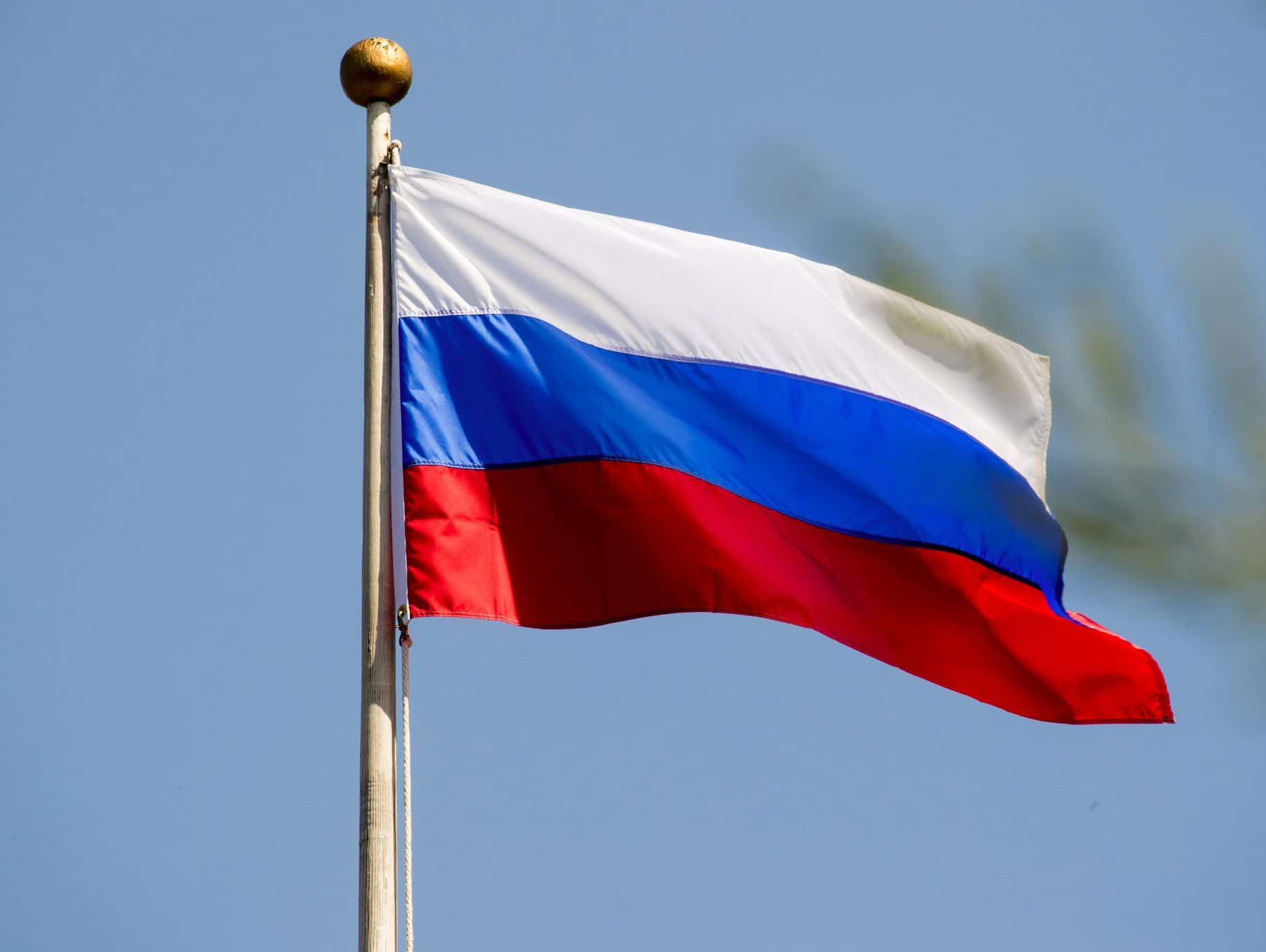
This article was originally published by Radio Free Europe/Radio Liberty and is reprinted with permission.
Ilya Yashin, a Kremlin opponent who was exchanged in a historic prisoner swap between Russia and the West in early August, says he is working with colleagues — including fellow activists Yulia Navalnaya and Vladimir Kara-Murza — to unite Russians abroad with the goal of removing President Vladimir Putin from office.
In an interview with Current Time on October 29, Yashin said the group’s efforts will be aimed at engaging many expatriates while at the same time inspiring those still in Russia in a campaign against the Kremlin’s war in Ukraine and the country’s leadership.
“I very much hope that we will manage to create an informal, unstructured community without a single leader, an international movement of pro-democracy Russians who are against the war,” the 41-year-old stressed in the interview.
Yashin, a stalwart of street protests in the Putin era, argued against crowning a single opposition leader, explaining that any attempt to designate one would lead to conflict within the Russian diaspora abroad.
Instead, he said, work should be done on specific, time-limited projects that can unite various opposition figures without creating a formal party structure.
“In the Russian opposition, there are currently no objective grounds for consolidating around any particular figure. It seems to me that it is completely pointless to even discuss this, as it is impossible to do so today,” he said.
“It’s still probably not the right time to create a single party or a unified structure or to select a leader,” Yashin added.
A local lawmaker who was chairman of his Moscow district council in 2017-21, Yashin was convicted and sentenced to 8 1/2 years in prison in December 2022 over criticism of what he has called Russia’s “monstrous war” in Ukraine.
The charge stemmed from YouTube posts in which Yashin spoke about the killings of civilians in Bucha, a city outside Kyiv where survivors, rights activists, and Ukrainian authorities say Russian forces committed atrocities before withdrawing following Russia’s failure to capture the capital.
Yashin was part of a group of 24 released on August 1 in a multiple-country prisoner swap, the largest of its kind since the Cold War. The diverse and sweeping roster of personalities freed in the exchange included Kara-Murza, Wall Street Journal reporter Evan Gershkovich, former U.S. Marine Paul Whelan, and RFE/RL journalist Alsu Kurmasheva.
In the Current Time interview, Yashin outlined three main goals of the Russian democratic movement: ending the war in Ukraine, achieving political reforms in Russia, and advocating for the rights of political prisoners.
“This is the basis that unites almost the entire democratic opposition today, both inside Russia and beyond its borders. It is what we can truly consolidate around,” he stressed, adding that in his opinion, “real change in Russia will come from the citizens within the country rather than from external influences.”
Yashin acknowledged the challenges faced by those still inside Russia, most of whom likely feel powerless in the face of the ongoing war and an oppressive regime.
He said he and his colleagues are working on new initiatives to address criticism that opposition figures should engage more substantively in politics rather than focusing on media presence.